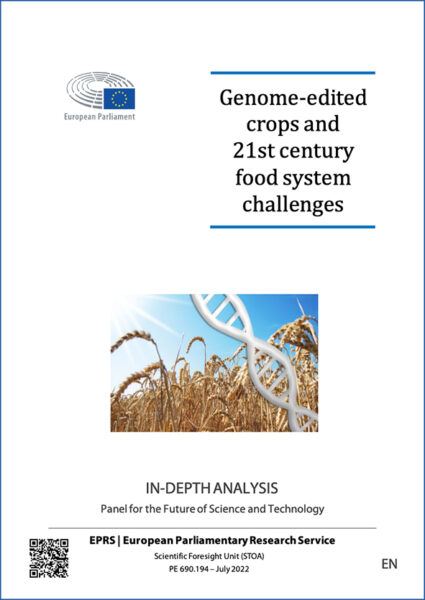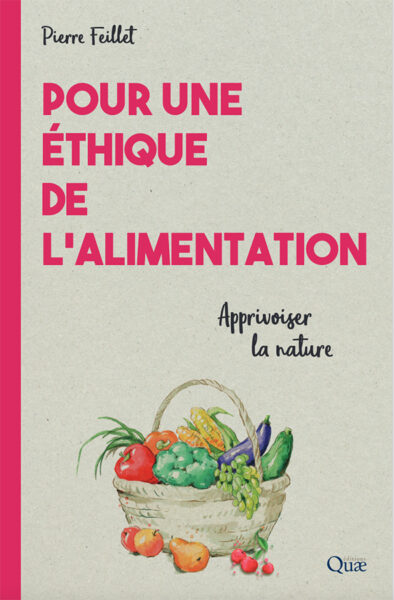Genetically modified organisms (GMOs) are undeniably one of those subjects that do not provoke remotely the same reactions in North America as in Europe. Whereas the growing of GM crops is highly developed in the USA and arouses little or no controversy within American public opinion, this is an area in which Europeans are very cautious and even genuinely distrustful. As Daniel Boy shows in this article, drawing on Eurobarometer surveys of European citizens carried out over 15 years or so, there has never been a majority in the EU in favour of the development of GMOs for food production and, between 1996 and 2010, the proportion of those reluctant to see such a development actually increased. Above and beyond this general finding of a clear, sustained opposition among Europeans to GMOs in food, Boy shows the disparities that exist between the various European countries and presents reasons that may account for these differences.
Boy goes on to study the structure of European opinion in this field by sex, age and socio-professional category of the respondents, by their degree of “socialization” to science and their level of informedness. He also notes the importance of the level of knowledge of – and familiarization with – science in the attitude towards genetically modified foodstuffs. Lastly, Boy compares the attitudes of Europeans to GM foods with attitudes around animal cloning and the nanotechnologies, showing the great specificity of GMOs, which have been very distinctly and probably lastingly rejected (like animal cloning), thus blocking the development of this technological innovation in Europe. He nonetheless stresses that attitudes towards other innovations (such as nanotechnologies) in no way point towards similar failures in the future.



